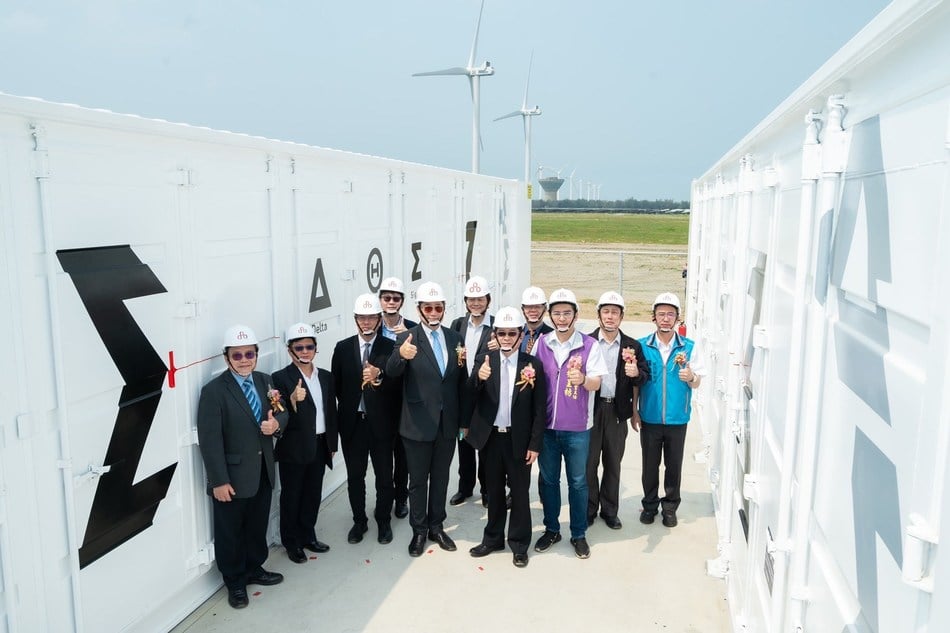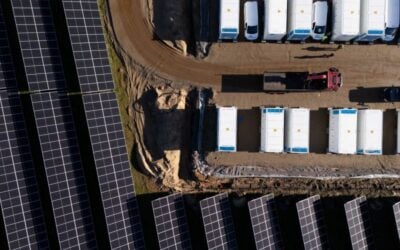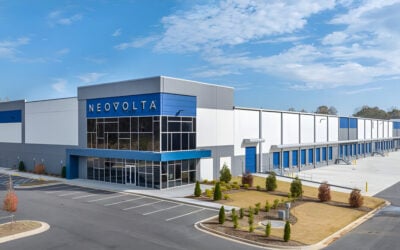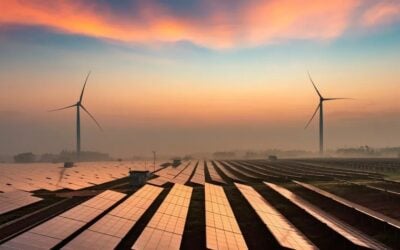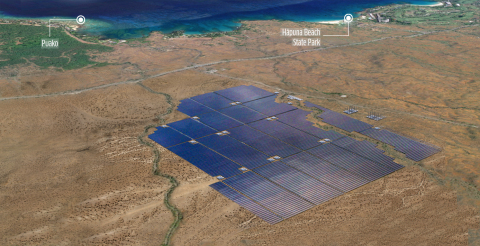
ENGIE has sold its 60.5% stake in stationary storage and e-mobility solutions company ENGIE EPS to Taiwan Cement Corporation (TCC).
The French multinational utility company acquired Electro Power Systems in 2018, which at the time was best known for its work on a few dozen microgrid projects around the world, and rebranded it ENGIE EPS. The northern Italy-headquartered subsidiary has since become a system integrator for utility-scale energy storage as well as serving e-mobility markets with electric vehicle (EV) charging solutions and related equipment and services.
Following a strategic review undertaken throughout last year — when ENGIE EPS noted several times that its activities and profitability had been badly impacted by COVID-19 — the parent company had already publicly voiced the possibility that it could sell up, although ENGIE EPS said recently that it was confident of rebounding by 2022. Early this morning it was announced that TCC, a company with a market capitalisation of more than US$10 billion, would buy ENGIE’s shares in a deal that values ENGIE EPS at over €240 million (US$289.61 million).
The French company’s stake was bought for an aggregate consideration of €132 million; at €17.10 per share, while TCC is expected to then go ahead and make an all-cash simplified mandatory tender for all outstanding shares in the energy storage company.
Try Premium for just $1
- Full premium access for the first month at only $1
- Converts to an annual rate after 30 days unless cancelled
- Cancel anytime during the trial period
Premium Benefits
- Expert industry analysis and interviews
- Digital access to PV Tech Power journal
- Exclusive event discounts
Or get the full Premium subscription right away
Or continue reading this article for free
ENGIE said that it will however continue to pursue commercial partnerships with ENGIE EPS, which will be operating under a new brand, called New HOrizons Ahead (NHOA). While the transaction remains subject to approvals and regulatory consent, the energy storage company’s CEO Carlalberto Guglielminotti and executive director for strategy and development Giuseppe Artizzu hosted an investors’ call this morning.
Guglielminotti said that partnership with a major player in Asia enabled the new entity to have “instant access” to a “world-class supply chain,” something that could present a wide range of new opportunities for the company. He thanked ENGIE for the past three years which the CEO said had “transformed this company… from the number one worldwide in microgrids to one of the largest system integrators for energy storage worldwide,” as well as establishing a “leading” position in e-mobility solutions.
“The reality is that [the] world-class supply chain is in Asia, [the] largest market development and growth is in Asia,” Guglielminotti said, explaining that while it’s “good to invest in battery production irrespective of geography,” as is the case across Europe today, a protectionist attitude of “trying to protect from Asia and to what Asian companies do, better, trying to replicate in Europe” is not a realistic or serious strategy for success.
The company is “extremely proud” to be headquartered in Italy and based in Europe, but is also “extremely happy and supportive and confident we have an Asian partner” through which it could generate more value in Italy, and in Europe because of that supply chain access.
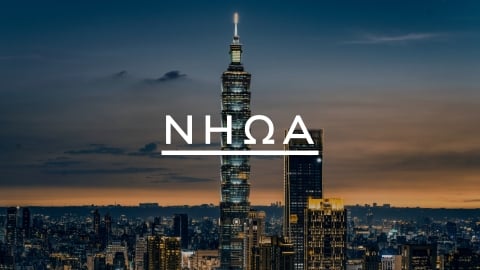
New owners making major push into renewables and energy storage
In response to an audience question from Energy-Storage.news, Giuseppe Artizzu said that ENGIE EPS’ awarded projects in Italy (70MW for ancillary services awarded in a pilot tender by grid operator TERNA) and Hawaii (60MWac of solar PV and 240MWh of battery storage, won through a competitive tender hosted by utility Hawaiian Electric) are proceeding through the development stages, with key milestones including contract execution and planning permission achieved while battery supply contracts are being negotiated.
The future of a 50MW solar-plus-storage project with 300MWh of battery storage awarded in Guam remains a little less certain, Artizzu said, with a rival developer having lodged a complaint over the procurement process hosted by the Guam Power Authority (GPA). Litigation continues, but Artizzu said his company remained “optimistic on the outcome,” with the Guam Office of Public Accountability having upheld the contract’s award in September, albeit legal proceedings have been considerably slowed down by the COVID-19 situation.
Meanwhile, TCC is active in a number of industries including battery manufacturing, power generation, infrastructure, chemicals and — as the name implies — cement. Earlier this month it announced the start of operations at Taiwan’s first large-scale battery energy storage system (BESS) for providing automatic frequency control (AFC) to the grid, at 5MW. The company also completed a solar and wind co-located power plant in Taiwan in 2019, thought to be the first of its kind on the island. TCC is owner of E-Moli, a lithium-ion battery manufacturer with 1.5GW of annual production capacity based in Taiwan and largely supplying the home appliances markets of Europe and the US.
More recently it has been focusing R&D efforts on creating solutions for applications including large-scale energy storage systems and the parent company’s board of directors recently passed a resolution to invest around US$350 million to set up a factory for nickel ternary batteries suitable for high charge-discharge applications for electric vehicles (EVs). ENGIE EPS currently makes electric mobility solutions including its Wallbox EV charger brand and is partnered in a joint venture with multinational automotive manufacturer Stellantis. The JV, Free2Move eSolutions, will be able to access Asia’s rapidly-growing market for EVs through TCC, Free2Move CEO Roberto Di Stefano said.
“Together we will make a difference to the world and the Earth,” TCC chairman of the board Nelson Chang said on the acquisition and formation of the new brand NHOA.
“This acquisition by a leading, visionary industrial group like TCC, represents the ultimate recognition of our world-class technology leadership and a transformational opportunity to consolidate our growth globally,” ENGIE EPS CEO Carlalberto Guglielminotti said in a press statement ahead of this morning’s call.
“It will give us instant access to a world leading supply chain and to the Asian markets, as well as the financial breadth to credibly position as a global leader in the turnkey delivery of energy storage systems and a global enabler of the eMobility revolution. More importantly, with TCC we share the mission, which inspired our new brand NHOA, to shape a better future for a next generation living in harmony with our planet.”
